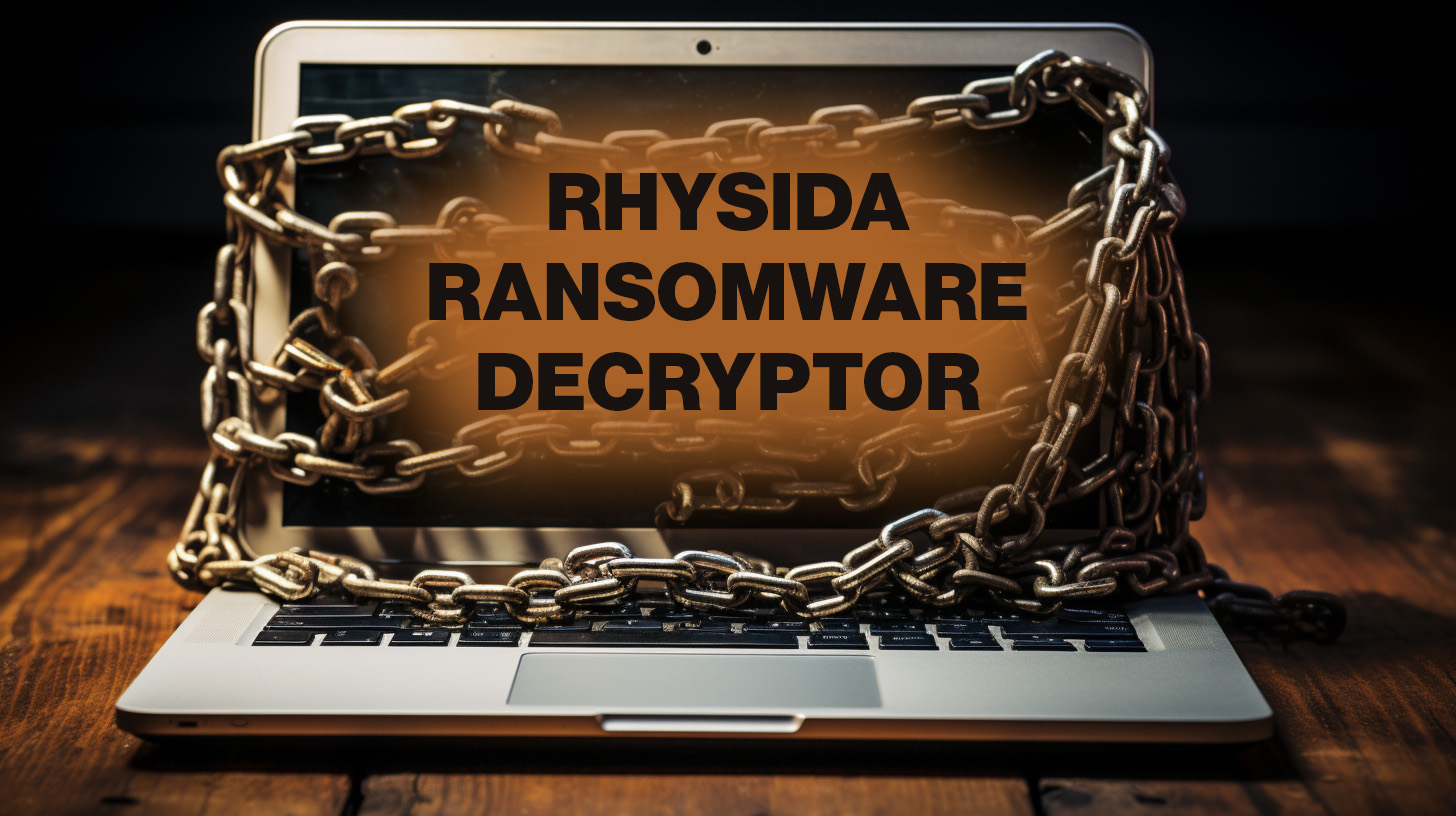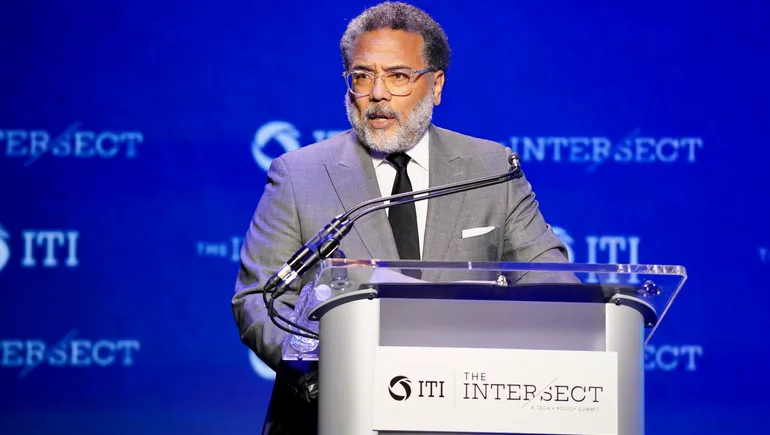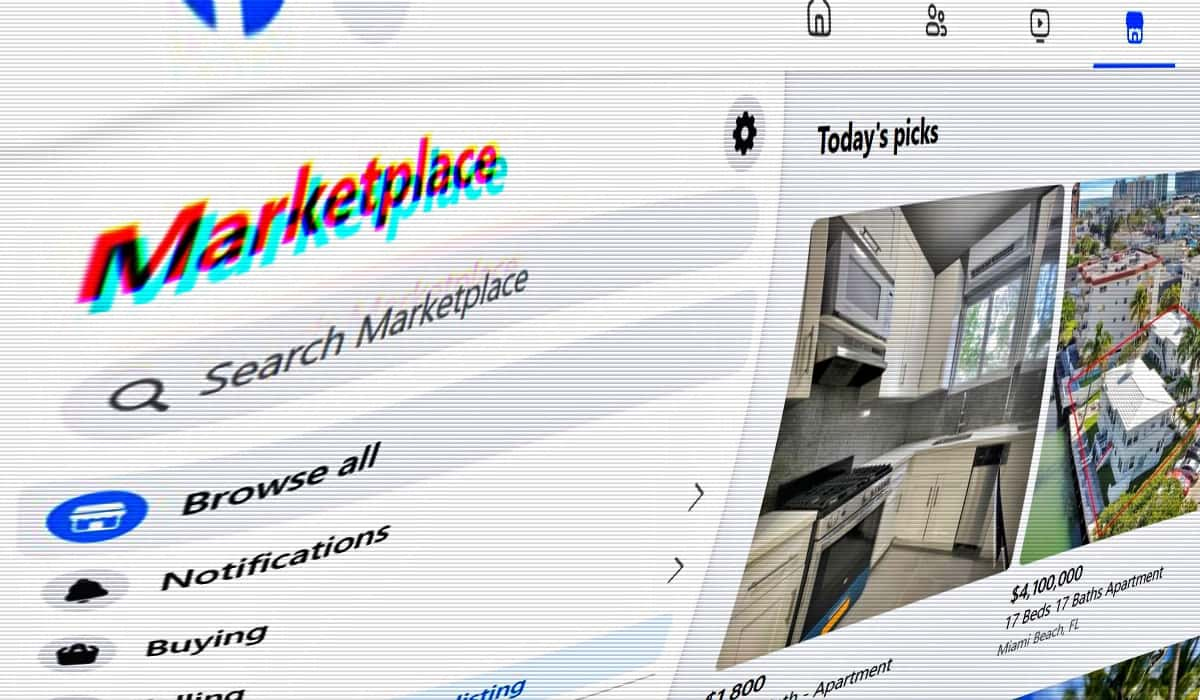Threat actors are targeting Microsoft Azure corporate clouds with sophisticated and tailored phishing attacks, compromising a wide range of user accounts for activities such as data exfiltration and financial fraud.
Files encrypted by Rhysida ransomware can be successfully decrypted, due to a implementation vulnerability discovered by Korean researchers and leveraged to create a decryptor.
The deal will result in the formation of a separate company called DataCo to handle Veritas’ remaining assets, while Cohesity will follow a “no customer left behind” approach.
This initiative aligns with CISA’s Open Source Software Security Roadmap’s objective of collaborating with relevant working groups to develop security principles for package managers.
The Hipocrate Information System (HIS) used by hospitals to manage medical activity and patient data was targeted over the weekend and is now offline after its database was encrypted.
The United Nations is investigating 58 suspected cyberattacks by North Korea, totaling around $3 billion, which are believed to be funding the country’s development of weapons of mass destruction.
National Cyber Director Harry Coker emphasized the need for a collaborative effort between the government and industry to address cyber threats, harmonize regulations, and build a diverse cybersecurity workforce.
The partial Facebook Marketplace database was allegedly leaked by a threat actor, exposing sensitive personal information of approximately 200,000 users, including full names, Facebook IDs, phone numbers, physical IDs, and email addresses.
Email attacks using QR codes, known as “quishing,” have surged, especially targeting corporate executives and managers, highlighting the need for enhanced digital protections for business leadership.
The Cybersecurity and Infrastructure Security Agency (CISA) partnered with the NFL to promote cybersecurity awareness during the Super Bowl, aiming to encourage strong passwords, multifactor authentication, and phishing reporting.








